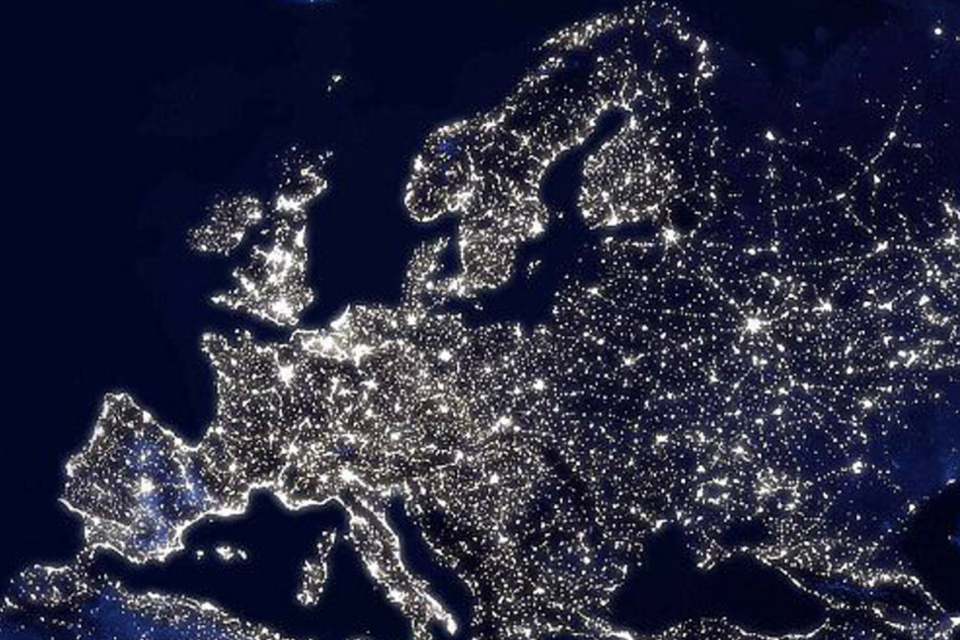This Digital Life: Is the World Wide Web about to unravel?
Black out: the growth of the internet could use up all of the UK’s power production
With scientists warning that the internet could use all of the UK's energy output by 2035, Peter Jenkinson asks how is this possible and investigates the fixes to ensure it never becomes a reality.
It has been dubbed the 'capacity crisis', a warning that the internet could reach its ability to deliver information in just eight years.
A group of leading engineers, physicists and telecom providers are to put their collective grey matter together after research from Aston University in Birmingham found that no more data could be put inside even the most advanced fibre optic cables.
With internet speeds having increased by a factor of 50 in the last 10 years, the research also stated that by 2035 the continuing growth of the internet and our insatiable desire for faster data would use up all of the UK's power production.
It is an issue of infrastructure - we could look to lay down more high-end optic cables, but there'll be a huge increase in costs and it might be that data caps have to be reintroduced.
Indeed, as the new Conservative government made a pre-election pledge on halting the seemingly unstoppable rise of wind farms across the UK, what might be an alternative power production solution?
Better known for their electric cars, Tesla announced last week their plans for a home battery solution - the Tesla Powerwall.
It is a rechargeable lithium-ion battery that stores energy generated from solar power. It mounts on a wall indoors and is integrated with your local grid to harness excess power and also let you draw energy from your own reserves.
It isn't likely that this is the single best way to ensure the survival of an internet which has transformed and overtaken our economy and lifestyles over the past decade, but hopefully it could be part of a solution down the line.
Power it up ...
Join the Belfast Telegraph WhatsApp channel
Stay up to date with some of Northern Ireland's biggest stories

